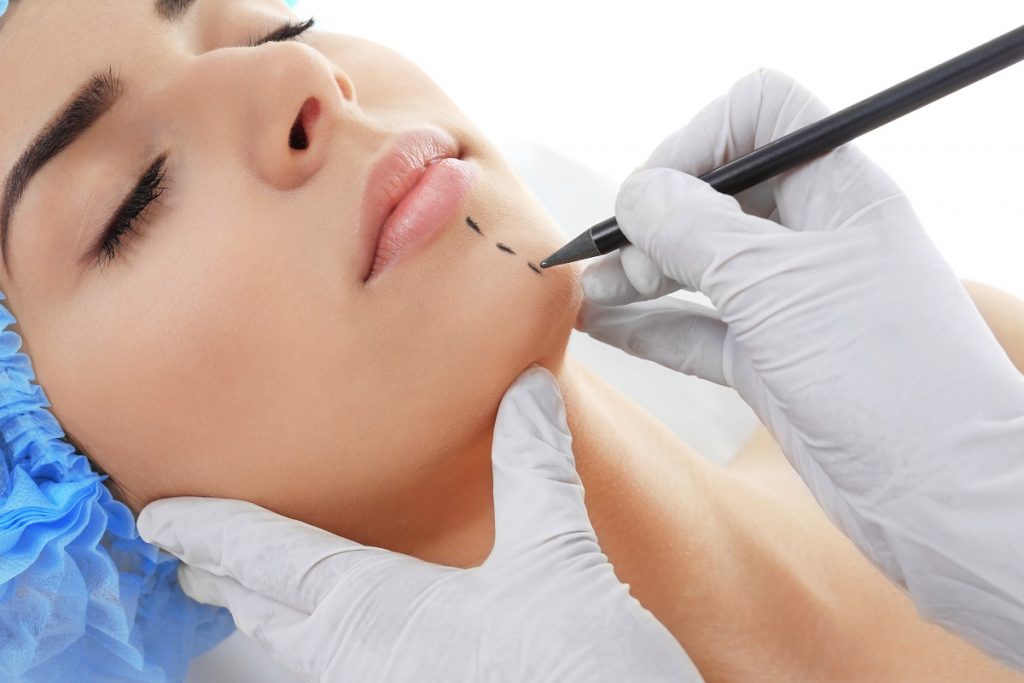These days, some people who plan to undergo cosmetic surgery think about taking out an installment loan to pay for the expenses. While this is a conventional financing method, other options allow you to have a medical procedure.
Some of these options include flexible payment plans offered by surgeons, medical credit cards, and flexible spending accounts. Most installment loans carry a fixed interest over a specified term, which means that being unable to settle the scheduled payments can spell trouble for your budget and credit score. Even if you are confident about paying it off, think carefully if you want to spend money long after completing the procedure.
Flexible Payments for Plastic Surgeries
Some surgeons know that their clients might be unable to pay a large amount upfront, so they offer payment plans in collaboration with lending companies. It’s better to pick a contract that doesn’t include any interest since you want to avoid paying extra on the procedure. Otherwise, this is no better than applying for a fixed-interest rate personal installment loan.

Most banks and local credit unions offer loans with a fixed term ranging from one to seven years, with an interest rate of up to 36%. If you have a good credit score, the price can range between 10.3% and 12.5%. Still, the interest rate should make you pause and think if it’s better to pay for the procedure from your own pocket. If you live in Utah, for instance, the cost of Botox injections in clinics like Clarity Skin might not be too expensive that it would require medical financing.
Reviewing Your Insurance Coverage
Your health insurer can cover certain procedures if they meet certain criteria. Most policies exclude medical treatments that are cosmetic. However, patients can still be reimbursed if they can prove that it is necessary for their well-being. Take Botox injections as a cure for bruxism. A study noted that Botox might be the solution for people who grind and clench their teeth.
While the research requires further proof, it can serve as a guide for patients who seek cosmetic surgeries to treat a medical disorder. Your insurance provider can make an exception based on these circumstances, provided that you can back your claim with legitimate proof.
Other Payment Options
Insurers can also cover some or most of the expenses if the plastic surgery aims to treat medical defects such as those sustained from injuries in an accident. You can then apply for a small loan to cover the remaining balance.
In case the procedure is required to avert a life-threatening disease, the interest that you pay will seem trivial. Some of the cases that justify a loan application include treatments for skin cancer and breast reconstruction.
In the end, you should be wary about the implications of applying for debt to cover plastic surgeries. Saving money for this expense remains the ideal option. If that’s not possible, then taking out an interest-free loan or adding it to your insurance coverage is a better choice.

